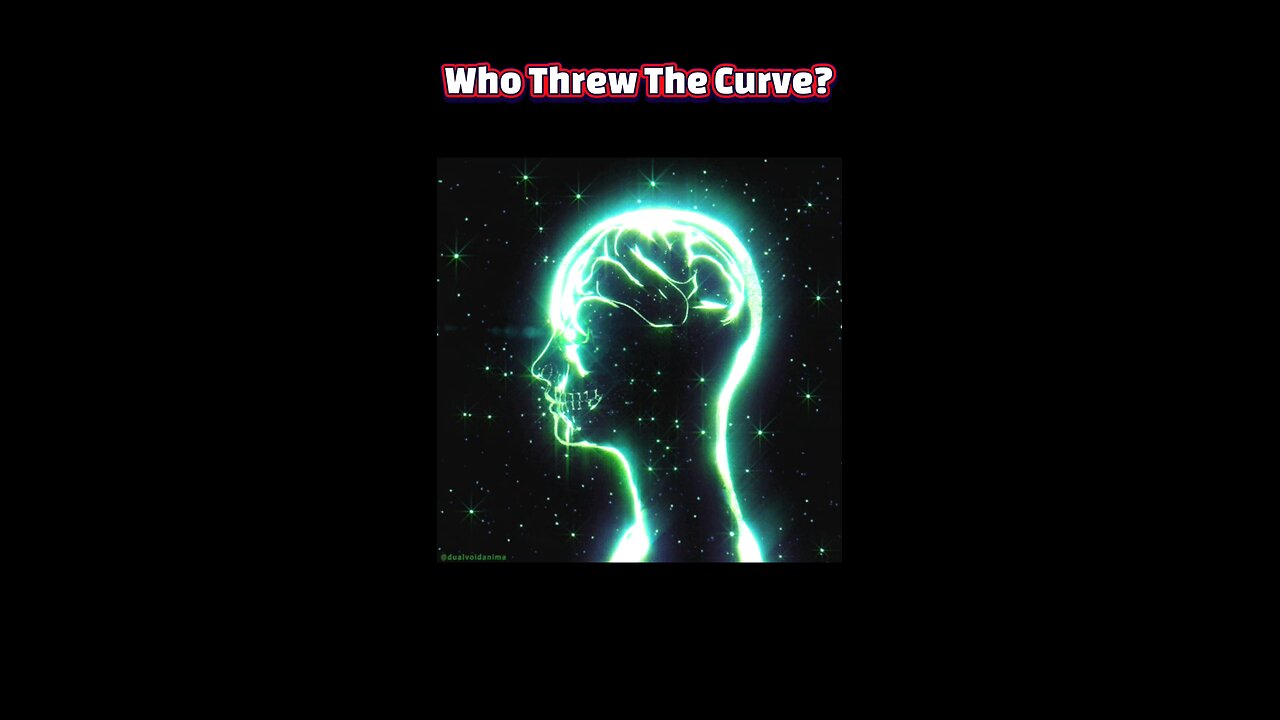Premium Only Content

Quantum Entanglement in Your Brain: The Hidden Key to Consciousness
#QuantumConsciousness #BrainEntanglement #QuantumBiology #Neuroscience #QuantumPhysics #MindBlown #DeepScience #ConsciousnessUnlocked
The latest study from Shanghai University suggests that quantum entanglement within the myelin sheath of neurons could be the key to consciousness. Researchers modeled the fatty layers around axons as tiny infrared cavities and found that vibrations in carbon–hydrogen bonds might emit pairs of entangled photons. These entangled photons could, in theory, link distant neurons and synchronize their firing faster than any classical signal. If validated, this mechanism would imply that consciousness emerges not just from electrical impulses but from genuine quantum processes occurring at the cellular level. Traditional views treat the brain as a classical computer, where networks of neurons transmit binary-like signals. While this analogy captures aspects of information processing, it fails to explain how millions of neurons achieve millisecond-scale synchronization across disparate regions. Quantum entanglement, where particles remain correlated regardless of distance, offers a compelling way to bridge this gap. It could account for the brain’s unparalleled efficiency and its ability to integrate information seamlessly across vast neural networks. Previous hypotheses, such as Penrose and Hameroff’s orchestrated objective reduction model, proposed that microtubules inside neurons might host quantum computations. Although controversial, the emergence of quantum biology has lent credibility to these ideas by demonstrating quantum effects in photosynthesis and bird navigation. The Shanghai team builds on this foundation by framing myelin segments as electromagnetic cavities that amplify and entangle infrared photons. This concrete mechanism moves the discussion from abstract theory toward testable predictions in neural tissue. Skepticism remains fierce. Critics argue that the brain’s warm, noisy environment should cause rapid decoherence, collapsing any quantum states almost instantly. Detecting entangled photons in living tissue presents daunting technical challenges, requiring ultra-sensitive detectors and sophisticated noise reduction techniques. The authors emphasize that in vivo validation, perhaps beginning with simple animal models, will be essential before the hypothesis gains traction. Without experimental confirmation, the theory remains an intriguing but unproven speculation. If future research confirms entangled photon networks in neural tissue, neuroscience would enter a quantum era. Models of perception, memory consolidation, and even anesthesia would need revision to incorporate quantum dynamics. Philosophical discussions about free will and subjective experience would gain a new scientific foundation, blurring the line between physics and consciousness. Embracing this quantum framework could transform our understanding of what it truly means to be aware.
-
 LIVE
LIVE
LFA TV
12 hours agoKILLER CAUGHT LIVE PRESSER! - FRIDAY 9/12/25
6,222 watching -
 1:36:33
1:36:33
Dear America
3 hours agoBREAKING NEWS! Trump Announces Charlie’s Killer Is In Custody! DEATH PENALTY IS THE ONLY OPTION!!!
246K210 -
 1:45:41
1:45:41
Timcast
2 hours ago🚨PRESS CONFERENCE: Charlie Kirk Suspect In Custody | Tim Pool
134K142 -
 LIVE
LIVE
Badlands Media
7 hours agoBadlands Daily: September 12, 2025
4,665 watching -
 LIVE
LIVE
The Big Mig™
3 hours agoSenate Goes Nuclear ☢
6,158 watching -
 DVR
DVR
iCkEdMeL
3 hours ago $6.23 earnedBREAKING: Trump Says Suspect in Charlie Kirk Assassination Likely in Custody
57.8K30 -
 LIVE
LIVE
Times Now World
9 hours agoLIVE NEWS | Charlie Kirk's Final Debate 24 Hours Before Tragic Murder By Sniper in Utah Event!
328 watching -
 1:07:41
1:07:41
Crypto Power Hour
3 hours ago $0.01 earned2025’s Top-Rated Crypto Exchanges: Your Go-To Guide!
29.1K4 -
 4:29:28
4:29:28
The Bubba Army
1 day agoVideo Killed The Radio Star, RELEASE DAY! - Bubba the Love Sponge® Show | 9/12/25
172K10 -
 2:00:36
2:00:36
BEK TV
1 day agoTrent Loos in the Morning - 9/11/2025
92.4K1